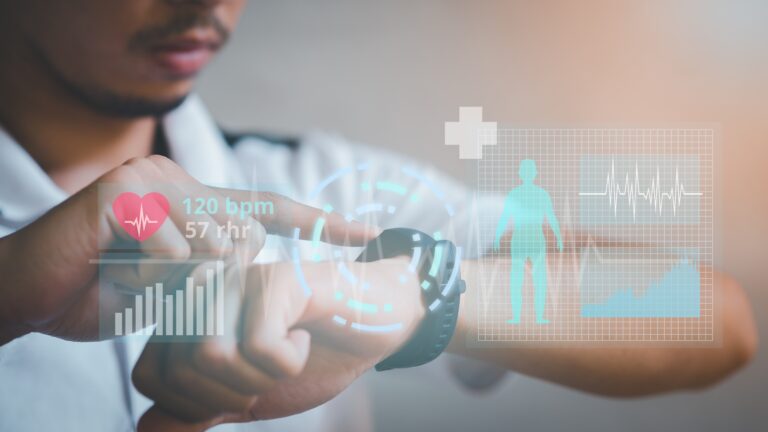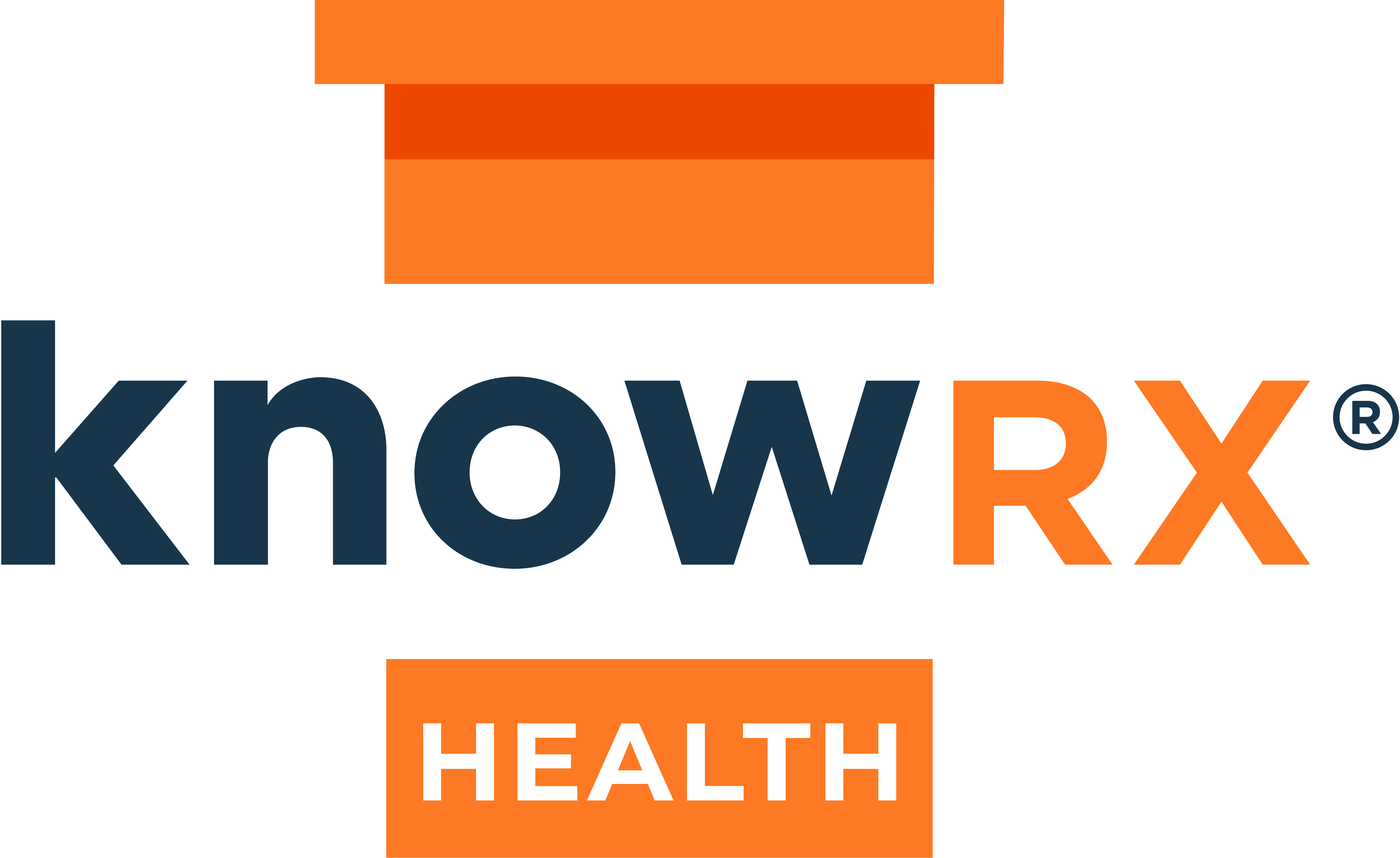
In today’s rapidly evolving healthcare landscape, we have more tools than ever before to take control of our health journey. From wearable devices to genomics, connected apps, and nutrition trackers, technology allows us to capture an unprecedented amount of personal health data in real-time. These consumer-driven insights offer a deeper, more continuous understanding of our bodies than the traditional healthcare model—one primarily based on event-driven visits.
But to truly unlock the potential of these insights, we must shift from the sporadic nature of doctor visits, often dictated by a billing system, to a model where we actively engage with and share our health data. This can drive value-based care incentives that are tailored to our real-world evidence (RWE). Here’s why this matters.
The Problem with Event-Based Visits
The current healthcare model, focused on event-based visits, often fails to capture the depth of personal health data that consumers can gather on a daily basis. Consider this: the average patient sees their physician only twice a year, with each visit lasting around 15 minutes. In those 30 minutes per year, healthcare providers have to assess a patient’s health based on the limited data available at the time of the visit. This event-based model is not built to handle the complexities of chronic conditions or the nuances of day-to-day health fluctuations.
Now compare that to the wealth of data we can collect through wearable devices and health apps, from continuous heart rate monitoring to sleep patterns and nutritional intake. This real-time data offers a more comprehensive picture of our overall health and wellness. In fact, a study by HealthIT.gov found that over 80% of patients believe that sharing real-time health data with their doctors would improve their care. Yet, this valuable data often remains siloed, not fully integrated into the clinical decision-making process.
The Power of Consumer-Driven Insights
With advancements in wearable devices, connected devices, and genomics, we are now in a position to not just monitor, but proactively manage our health. Here’s how:
- Wearable Devices: Devices like smartwatches and fitness trackers collect data on physical activity, heart rate, and sleep. A 2020 survey from the Pew Research Center showed that 30% of U.S. adults own a wearable device. This continuous stream of data helps track trends over time, providing insights into areas where lifestyle adjustments can improve health outcomes.
- Connected Devices: From glucose monitors to smart blood pressure cuffs, connected devices allow for real-time monitoring of chronic conditions. For example, people with diabetes can now monitor their blood glucose levels in real-time and make adjustments on the go, reducing their risk of long-term complications.
- Health and Wellness Apps: Apps focused on nutrition, mental health, and fitness allow consumers to manage everything from daily caloric intake to meditation habits. Research published in JMIR mHealth and uHealth indicates that nearly 75% of mobile health app users report positive outcomes when using these tools regularly.
- Genomics: Personalized medicine has taken a leap forward with the rise of genomics. Understanding your genetic predispositions enables you to tailor lifestyle choices—whether through diet, exercise, or medications—that are aligned with your unique biology.
Capturing RWE for Value-Based Care
The key to leveraging these consumer insights lies in real-world evidence (RWE). RWE is data collected outside of traditional clinical trials—directly from your day-to-day life. Whether it’s through wearables or wellness apps, this data provides a fuller picture of how your lifestyle impacts your health outcomes.
More importantly, RWE can be shared with healthcare providers to personalize care plans, manage chronic conditions, and improve patient outcomes. Yet, one significant challenge remains: how can we ensure that healthcare systems trust and integrate this consumer-generated data into clinical workflows?
Here’s where demanding consumer engagement becomes critical. The healthcare system needs to recognize the value of consumer-driven insights and make this data an essential component of value-based care. Consumers can capture their compliance (such as adherence to medication and lifestyle modifications) and performance (like achieving health goals), using RWE to qualify for value-based care incentives. This model shifts the focus from episodic, reactive care to continuous, proactive health management.
Why This Matters for the Future of Healthcare
Incorporating consumer-generated RWE into care can reduce healthcare costs, improve patient outcomes, and make healthcare more personalized. Research has shown that proactive health management, aided by real-time data, leads to fewer hospitalizations and emergency room visits. In fact, the Centers for Medicare & Medicaid Services (CMS) estimates that transitioning to value-based care could save up to $650 billion over 10 years.
Moreover, consumers who actively manage their health through wearables, apps, and genomics are more likely to adhere to treatment plans and make healthier lifestyle choices. This empowerment creates a ripple effect in reducing the burden on the healthcare system while enhancing quality of life.
Advocate for Your Data
As consumers, we need to recognize the power of the data we collect and demand that it plays a central role in our healthcare. It’s not enough to rely on a few minutes in a doctor’s office every six months. Real-world evidence, captured through wearable devices, connected apps, and genomics, can help drive a shift toward value-based care—if we make our voices heard.
Take ownership of your health journey. Share your RWE, engage in proactive health management, and ask your healthcare providers how this data can improve your care plan. Together, we can transform the healthcare system to one that is more responsive, personalized, and effective.
Learn more about how knowRX is empowering consumers to capture and share their real-world evidence to drive better health outcomes at https://knowrxhealth.com/the-owl-app-personalized-health-management/


